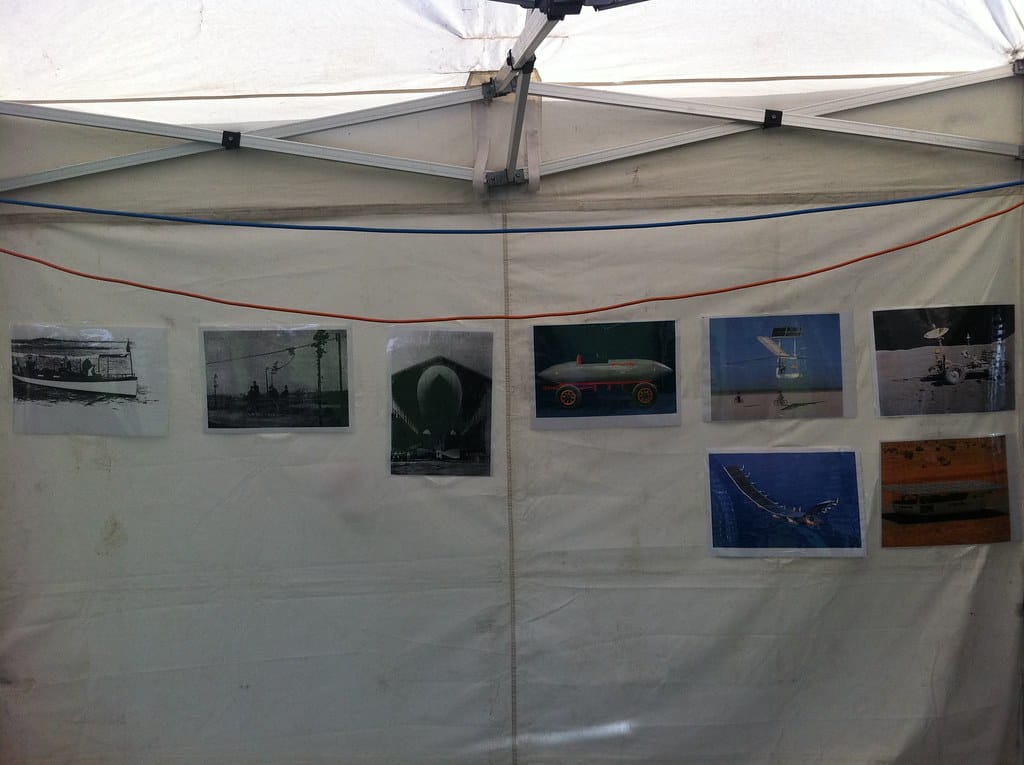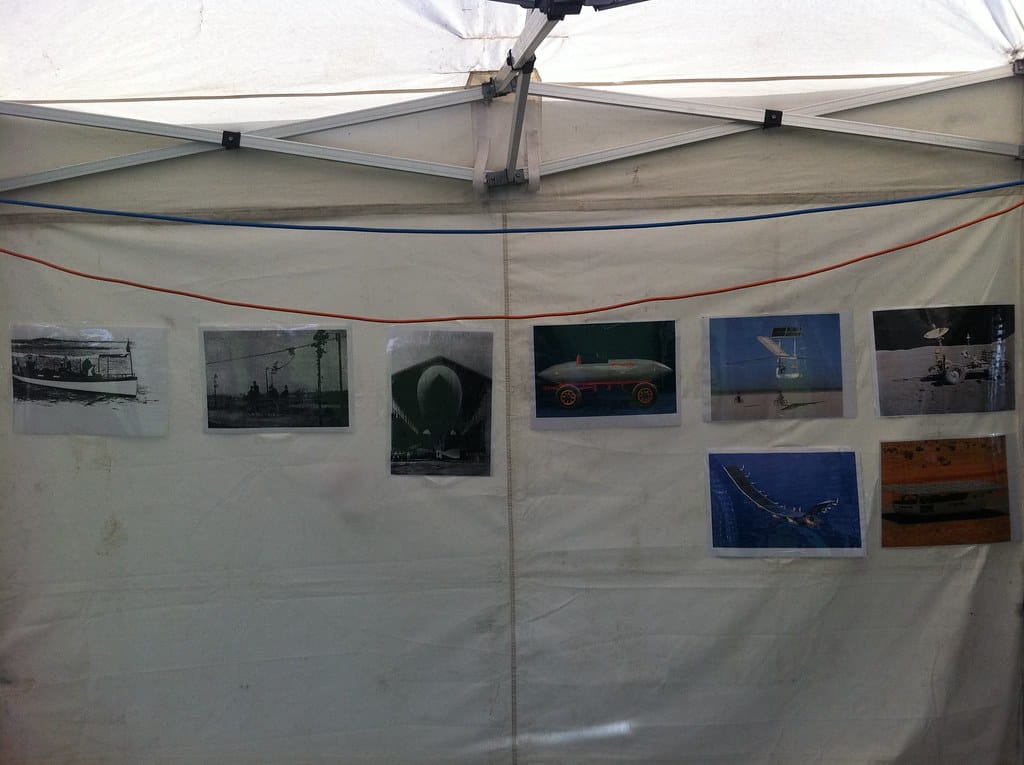Electric Vehicle Shatters Distance Record with 749-Mile Single-Charge Journey
A groundbreaking achievement in electric vehicle technology has just redefined what's possible on a single charge, as a modified EV successfully completed a 749-mile journey without stopping to recharge—smashing previous records and signaling a new era for long-distance electric travel.
The record-breaking feat was accomplished by a team of engineers using a specially modified electric vehicle equipped with advanced battery technology and aerodynamic enhancements. This achievement not only demonstrates the rapid evolution of EV capabilities but also addresses one of the most persistent concerns among potential electric vehicle buyers: range anxiety.
Breaking Down the Record-Setting Journey
The 749-mile journey represents a significant leap forward from previous electric vehicle range records. To put this achievement in perspective, this distance could cover the trip from New York City to Chicago, or from Los Angeles to San Francisco and back again—all on a single charge.
The vehicle used for this record attempt featured several key modifications:
- Ultra-high-density battery pack with cutting-edge lithium-ion technology
- Aerodynamic body modifications to reduce drag coefficient
- Lightweight materials throughout the vehicle structure
- Advanced energy management system optimizing power distribution
The journey was conducted under controlled conditions with professional drivers maintaining optimal speeds and driving techniques to maximize efficiency. Weather conditions, route selection, and vehicle preparation all played crucial roles in achieving this milestone.
What This Means for the EV Industry
This record-breaking achievement comes at a critical time for the electric vehicle industry. Major automakers are investing billions in EV technology, with many planning to phase out internal combustion engines within the next two decades. However, consumer adoption has been hampered by concerns about charging infrastructure and vehicle range.
Current production electric vehicles typically offer ranges between 250-400 miles on a single charge. Tesla's Model S leads the pack with an EPA-estimated range of 405 miles, while the Lucid Air Dream Edition boasts up to 516 miles. This new 749-mile record suggests that 800+ mile ranges could become achievable in production vehicles within the next decade.
Technological Breakthroughs Behind the Achievement
The success of this record-setting journey can be attributed to several technological advances:
Battery Technology: The vehicle utilized next-generation battery cells with significantly higher energy density than current production batteries. These cells can store more energy in the same physical space while maintaining safety standards.
Aerodynamics: Wind resistance is the primary energy consumer at highway speeds. The modified vehicle featured advanced aerodynamic enhancements that reduced drag by an estimated 20% compared to the standard model.
Energy Management: Sophisticated software continuously optimized power distribution between the motor, climate control, and auxiliary systems, ensuring maximum efficiency throughout the journey.
Real-World Implications for Consumers
While the record-setting vehicle incorporated modifications not yet available in production cars, the underlying technologies are rapidly approaching commercial viability. Industry experts predict that within five years, production electric vehicles with 600+ mile ranges will be available to consumers.
This extended range capability would effectively eliminate range anxiety for most drivers. The average American drives approximately 40 miles per day, meaning a 749-mile range would provide nearly three weeks of typical driving without charging. Even for long-distance travelers, such range would reduce charging stops to meal breaks and overnight stays.
Challenges and Considerations
Despite this achievement, several challenges remain before ultra-long-range EVs become mainstream:
- Cost: Advanced battery technology currently comes with premium pricing
- Charging Infrastructure: Faster charging networks are needed to support longer-range vehicles
- Battery Weight: Higher capacity batteries add significant weight, affecting performance
- Manufacturing Scale: Producing advanced batteries at scale remains challenging
The Road Ahead
This 749-mile record represents more than just a technological milestone—it's a glimpse into the future of transportation. As battery technology continues to improve and costs decrease, electric vehicles with ranges exceeding 700 miles may soon become commonplace.
The achievement also highlights the importance of continued investment in EV research and development. With governments worldwide implementing stricter emissions regulations and offering incentives for electric vehicle adoption, innovations like this record-breaking journey help accelerate the transition to sustainable transportation.
The bottom line: While range anxiety has been a significant barrier to EV adoption, achievements like this 749-mile journey demonstrate that electric vehicles are rapidly approaching—and may soon exceed—the convenience and capability of traditional gasoline-powered cars. The future of long-distance electric travel looks brighter than ever.

